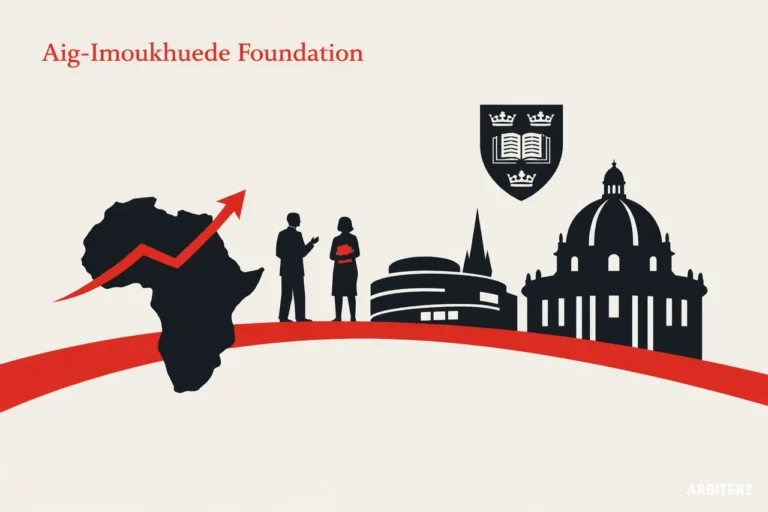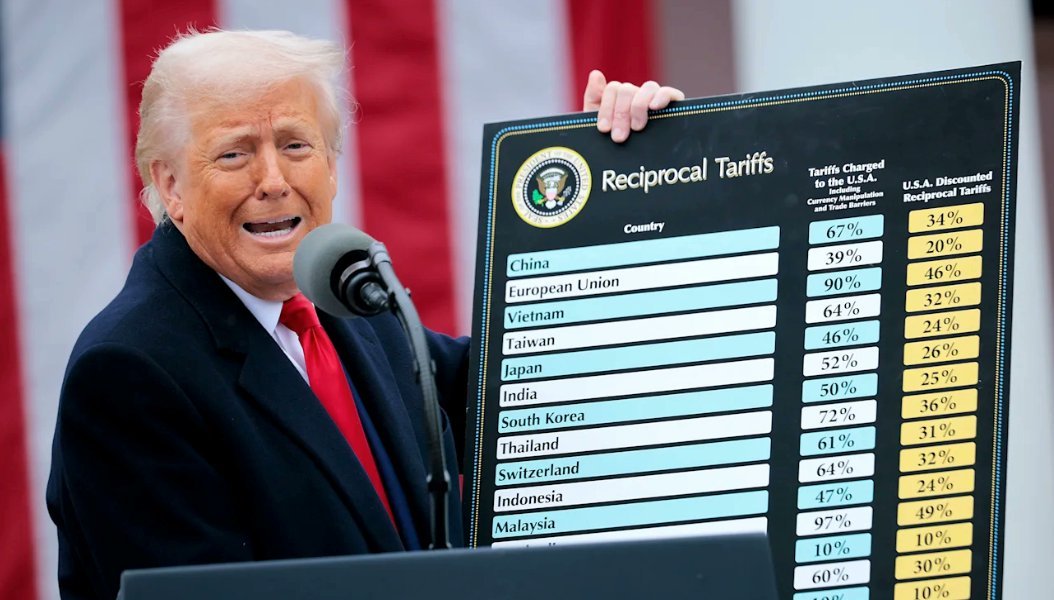Nigeria’s inflation is cooling in 2025 after years of economic strain. Headline inflation has fallen from 24.5% in January to 21.88% in July, the sharpest mid-year disinflation in over a decade. Yet, amid this fragile progress, the Federal Government has rolled out a bold new intervention — the Tertiary Institutions Staff Support Fund (TISSF).
The program offers interest-free loans of up to ₦10 million, repayable over five years with a one-year moratorium, to academic and non-academic staff of federal tertiary institutions. On paper, it looks like a lifeline. But given Nigeria’s history of half-implemented reforms and abandoned promises, will this really deliver?
Why Lecturers Need It More Than Ever
For years, Nigerian lecturers have borne the brunt of economic hardship:
– Many sell textbooks and handouts compulsorily to supplement meagre salaries.
– Some take side jobs in polytechnics and private schools just to survive.
– Passion for teaching has waned, with the profession reduced to a daily hustle rather than a calling to shape future leaders.
In this reality, TISSF is more than a loan. It represents a chance to:
– Afford decent housing outside campus quarters.
– Handle medical emergencies without begging or borrowing.
– Start small businesses to provide long-term stability.
– Fund academic development, restoring a sense of purpose in their profession.
The Inflation Context
Nigeria’s disinflation trend is encouraging inflation has dropped nearly 10 percentage points year-on-year, from 33.4% in July 2024 to 21.88% in July 2025.
But the risk is clear:
– If TISSF becomes another consumption-driven handout, it could fuel demand and nudge prices upward.
– If funds are invested in SMEs, agriculture, or education, the scheme could ease structural supply bottlenecks and help keep inflation in check.
Economists agree the design is targeted enough to avoid runaway inflation but only if implementation is strict and transparent.
The Trust Gap
This is where Nigeria’s history casts a long shadow. Time and again, government programs have been launched with fanfare, only to stall due to:
– Poor funding after the first phase,
– Opaque selection processes, and
– Weak repayment enforcement, turning loans into grants by default.
If TISSF follows this pattern, it risks becoming another well-intentioned but underfunded promise.
What Lecturers Stand to Gain or Lose
– Best Case: TISSF revives morale, reduces dependence on side hustles, and helps lecturers refocus on teaching and research. Over time, this could strengthen institutions and improve student outcomes.
– Worst Case: Mismanagement erodes trust further, lecturers continue their survival hustles, and Nigeria loses yet another opportunity to restore dignity to education.
Final Word
The launch of TISSF coincides with Nigeria’s most promising disinflation in over a decade. Done right, it can empower lecturers, stabilize families, and even reinforce the downward inflation trend through productive investments.
But the real test is implementation. Nigerian lecturers long disillusioned by broken promises will believe it only when they see it. For now, TISSF is a statement of intent. Whether it becomes a foundation for restoring teaching passion or just another political headline will depend on whether government can finally deliver where it has often failed.
























